
Last week I talked about “responsible government” – this is the sequel to that piece.
I’m horrified that we’re not taught that “responsible” nothing to do with civilized behaviour but in fact means that government, i.e. the prime minister and cabinet, are responsible to the House of Commons, which can dismiss them on a vote of non-confidence.
What’s even more horrifying is we’re not told that this simply doesn’t happen to governments with a majority because prime ministers have created ways to nullify parliament’s ultimate power and become virtual dictators.
I stated “in a parliamentary democracy the voter transfers his rights to his member of parliament to exercise on his behalf – the trouble is, in Canada, by running for his political party, the MP assigns your rights to the leader for his exclusive use!”
Facing up to the truth
Most of us are in denial and don’t want to believe it and find it far more comfortable and feel warm all over when prime ministers pretend that our MP is critically important to the running of the government.
In order to begin the process of reform, we must disabuse ourselves of this nonsense.
To learn just how bad it is in Canada, I urge you to read a book called Tragedy in the Commons by Alison Loat and Michael MacMillan (Random House, 2014).
Based on interviews with retired MPs, it tells how useless and powerless MPs have become, down to being ombudsmen for the bureaucracy, ensuring that pension cheques arrive on time and that sort of thing.
Government MPs have absolutely nothing to say about how the country is governed.
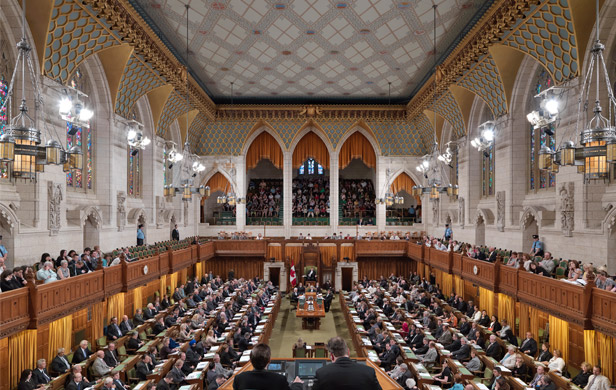
The committees upon which they sit, which are supposed to hold government departments accountable, are stacked by the prime minister. If they do show a bit of independence, the PM removes the uncooperative ones and replaces them with obedient ones, often done just before any vote where the prime minister fears the outcome!
As the book makes tragically clear, MPs are ciphers and the government is run by the prime minister and unelected advisors in his office.
No such thing as a “free vote”
One regularly suggested solution is the “free vote” – it’s an illusory remedy. Occasionally there are true free votes on matters of conscience, such as was held on capital punishment some years ago. When, however, the “free vote” is on something that the prime minister wishes passed, the Government MP feels just as compelled to vote for the government as when the whip is on. After all, the MP’s real worry is that the PM records who’s “reliable” and that’s far more important than voting as you wish.
Proportional Representation
Another solution presented is Proportional Representation (PR), which has been demonized by First Past The Post (FPTP) fans because it invariably produces a minority or, more likely, a coalition, as if that were a terrible thing – they say we would have one election after another and nothing would ever get done.
In fact, that’s not the history of PR, with a 5% requirement for a seat, as a glance at 21 European countries, including Sweden, Finland, Germany – plus New Zealand – demonstrate. I support PR but I have another idea which involves no more than altering a parliamentary tradition.
The secret recipe
In the present system, where the PM has the carrots and sticks ours does, you can understand why the lowly MP with his eye on the cabinet benches and fearful of ejection from caucus thinks twice about doing or saying anything that might offend the boss.
If this could be changed, Canada would then greatly enhance its national unity by governing itself in a manner much more suitable to all segments of the nation.
For all that, it’s essential to cogitate carefully on what we want so as not to throw the baby out with the bathwater.
We don’t want a dictator, yet we must have a strong executive. We’ve seen in the United States what happens when Congress cripples a president like Obama. I believe there’s a way to get the best of both worlds.
The Mair solution – here’s something to chew on! Are you ready for this? Perhaps a shot of single malt at the ready is in order!
This doesn’t require any amendment of the Constitution and not a nickel spent. It is a very simple solution.
What if we made votes of confidence secret ballots?
You and I as citizens wouldn’t dream of giving up our right to vote privately. If the government tried to invade that privacy we would rise as one. A secret vote is the very essence of our democracy!
Why is it different for MPs? If you think about it, if the PM is going to watch how his MPs vote, why bother voting at all?
The only way to hold the prime minister to account is to deny him certainty of how any MPs will vote on a House of Commons vote of confidence.
This notion is so contrary to the discipline we’ve permitted to be imposed on our MPs, thus on ourselves, it takes the breath away. Yet I haven’t heard a decent, logical argument against it!
This isn’t as dangerous for the PM as appears at first blush. The chances are excellent that the prime minister’s caucus will support him. It will act on the PM like the old strap when we older folks were in school – it was the fact it was there, in the principal’s desk, that kept us on the straight and narrow. In other words, the ability to punish has an effect often more efficient than the punishment itself. It would provide a brake on the PM and an ever present warning.
The back room boys
I am not through, however! What if we made the budget vote secret?
The back room boys will throw up their hands in horror! Do you mean that a government can’t even pass its budget without the danger that it could lose by a secret ballot?
I’ll answer a question with a question. Why should a government automatically get its budget passed, just because it has a majority that the prime minister can force to obey?
Shouldn’t the wisdom of how a government spends our money be the responsibility of every member of Parliament?
The end of omnibus bills
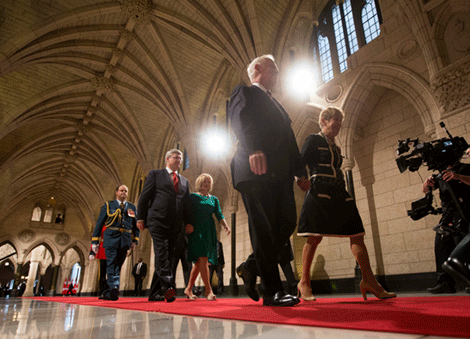
Before we pay too much attention to the back room boys – lets examine what would probably happen. I know that’s a novel notion but let’s give it a try anyway.
If the budget bill was by secret ballot, there is no likelihood is that a PM would do as Stephen Harper did in his famous C-38 in 2012, when 70 unrelated bills were bundled into one as part of the budget. Not only did the multiplicity of bills make any sort of rational debate impossible, but, because it was part of the budget, government MPs dared not say a word of criticism, even outside the House.
Today, the Finance Minister can table a budget saying, “Like it or lump it, this is the way it’s going to be. Oh, of course you’ll be allowed to fart against thunder and make some speeches to make it all look good, but here’s the budget and, with our majority, it will pass.”
What if he had to say, Here is the budget, that you all had a say in while it was being prepared, for your consideration and secret vote?”
All MPs know there must be a budget, or nothing, including their salaries, gets paid, which would assure responsible behaviour.
What if the vote failed?
The Finance Minister would have to try again, with provision mandated to provide interim supply in the meantime. If it failed twice, that would be taken as a vote of non-confidence and the government, whose members were likely part of the dissidents, would have to resign.
How can that be bad? What are we afraid of? That our MP might actually participate in governing the country?
The same protection as the public has
The original idea of parliament was its members control of the public purse. It was certainly not intended that one man with unelected back room boys would make those decisions, to be rubber-stamped under duress by government MPs.
Some lament that they want to know how their MP voted. Surely, this is ridiculous! We know how our MPs vote — exactly as they’re instructed to by the party whips on orders from the Prime Minister!
Would we rather see our MPs meekly do as they are told or go to a ballot box and do what they think is right? All I suggest is that the MP have the same protection when voting that we the public does.
I doubt that any budgets would be lost. The majority of all budgets in made up of routine expenses that don’t change from year to year. It’s the discretionary spending that’s invariably the issue.
Parliament would very quickly get used to this idea. It wouldn’t be the huge danger traditionalists fear. In fact, it would make governments careful to be sure that proposed policies would be supported by a majority of MPs, including its own members – meaning consultation with all MPs in its preparation.
A real threat
No party wants an election before it’s time. MPs want to serve the full term for the same reason everybody wants to keep their job. For the party, elections are enormously expensive and the people who finance them aren’t impressed by premature elections.
What would happen is that the present, illusory threat that Parliament might rise against a prime minister now becomes a real one – perhaps remote, for the reasons I had just mentioned, but, nevertheless, very much there and something that no prime minister could afford to overlook.
There we are. We now have a parliament truly involved in decisions now entirely made by the Prime Minister. He would retain considerable power but, for the first time, would have to care what we, the voters, think. Your democratic rights would remain entrusted to your member of Parliament and not assigned to the Prime Minister for his exclusive use for four years.
Perhaps, most importantly of all, your Member of Parliament would now have a real role, bringing with it respect.
How can that be bad?


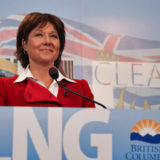
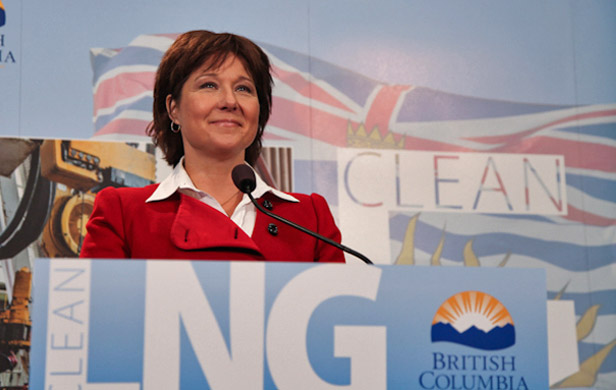
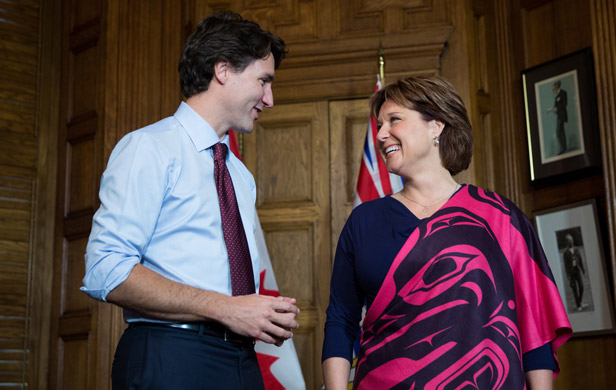
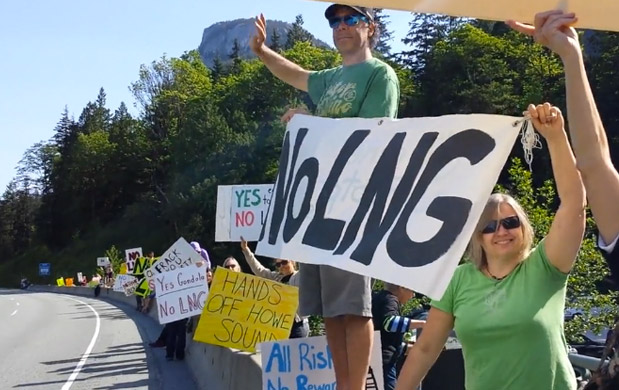
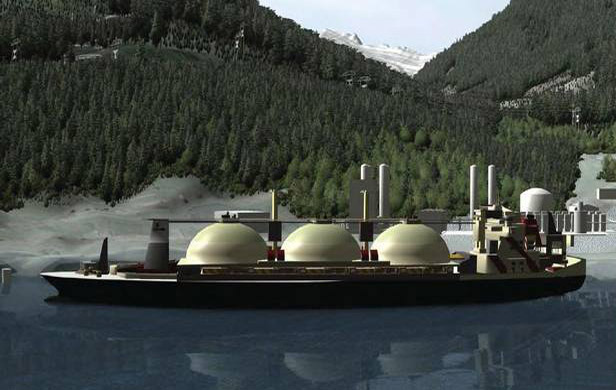

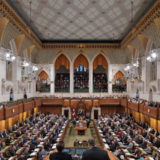
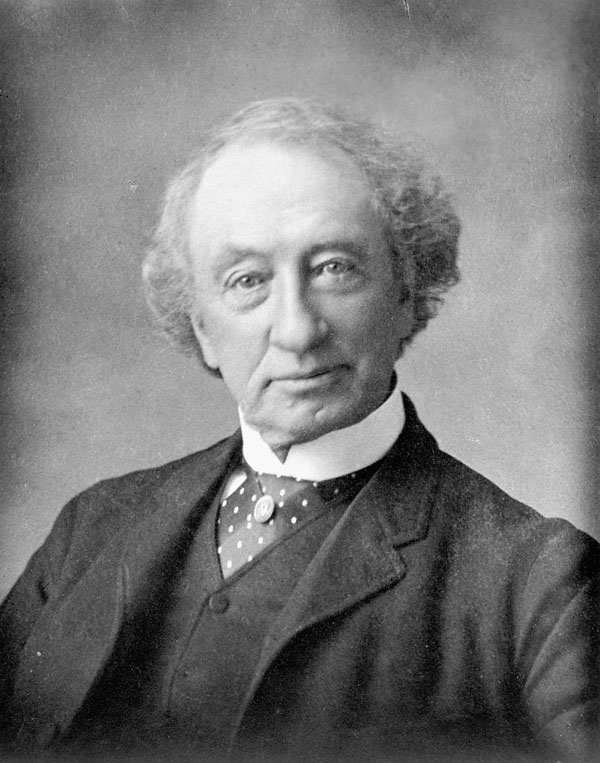
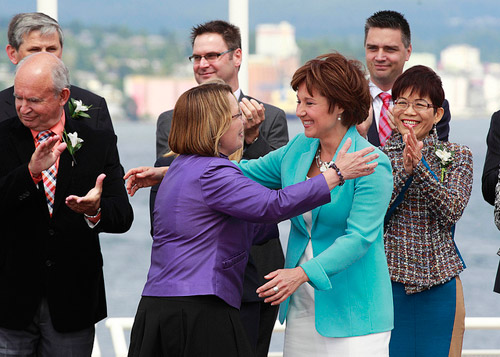
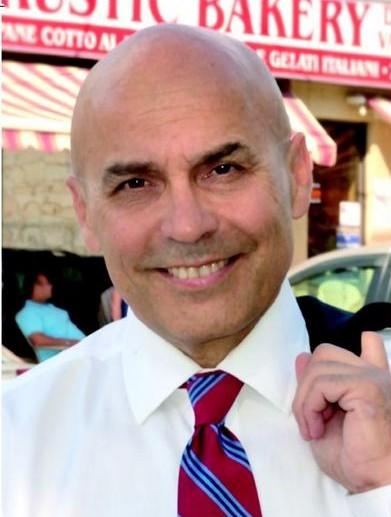
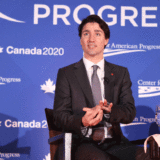
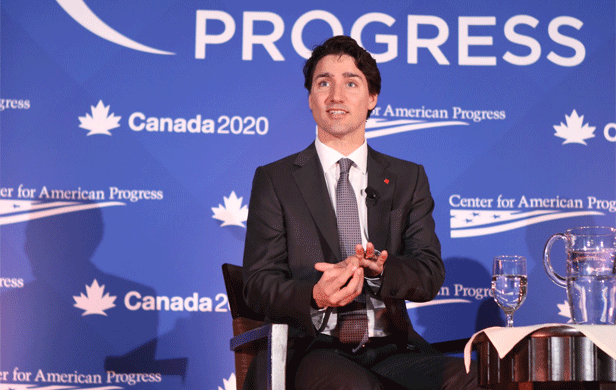
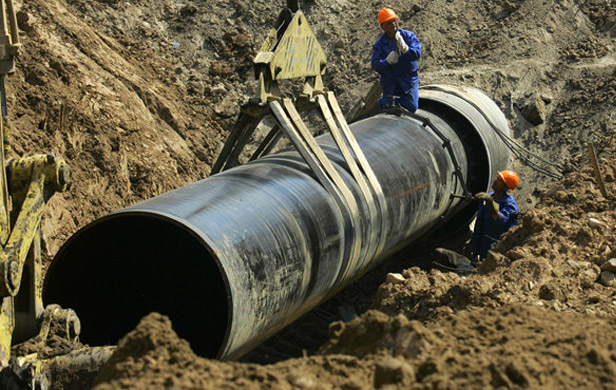
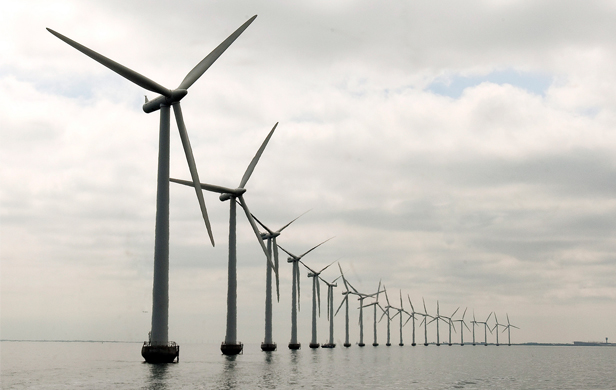

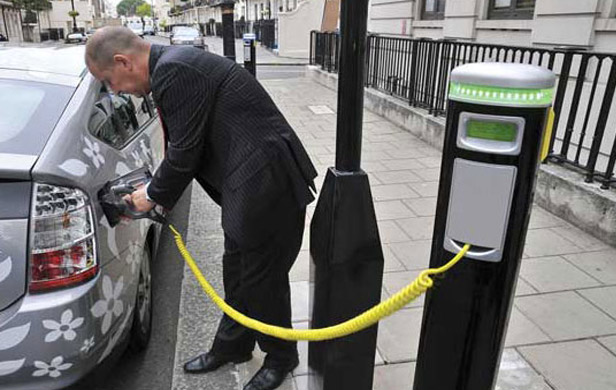 Moreover, past Liberal governments offered substantial funding for clean transportation innovation but Budget 2016-17 only calls for $56.9 million over two years, which is to be divided up to cover the development of regulations and standards, including international emission standards for the air, rail and marine sectors. Thus, this money will only cover a handful of clean transportation projects.
Moreover, past Liberal governments offered substantial funding for clean transportation innovation but Budget 2016-17 only calls for $56.9 million over two years, which is to be divided up to cover the development of regulations and standards, including international emission standards for the air, rail and marine sectors. Thus, this money will only cover a handful of clean transportation projects.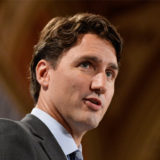
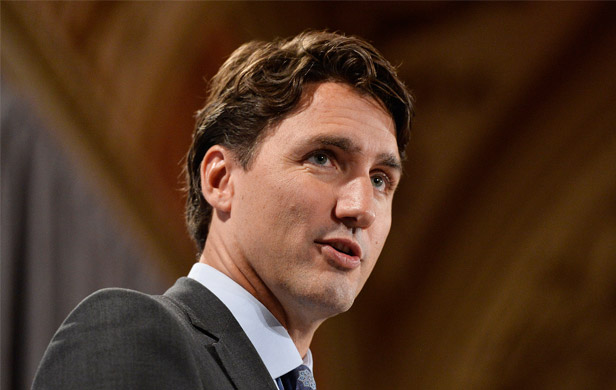
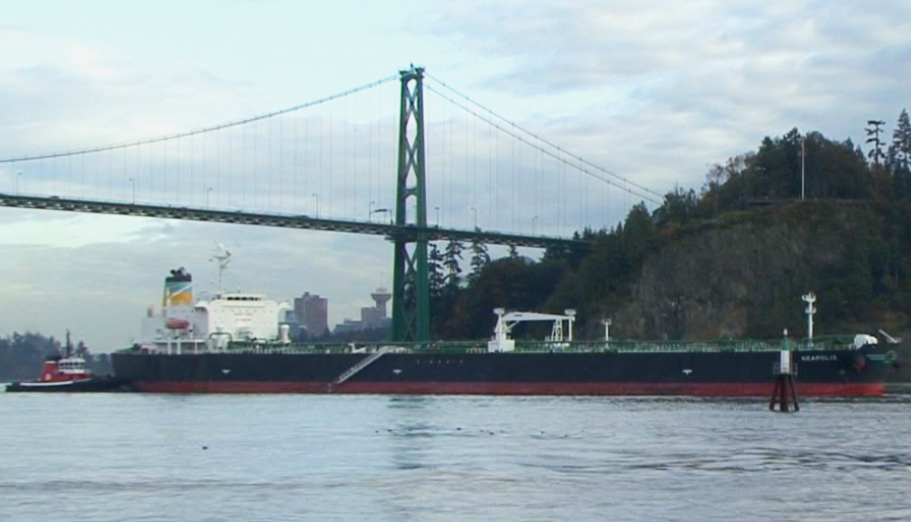 Now comes Kinder Morgan. Your party screamed like a stuck pig at the Harper government’s loading of the National Energy Board in favour of business – business that financially supported his government and now yours. There were going to be reforms. Structural changes, independence, fair play and the appearance of it. I say it again – compared to the NEB and all environmental assessment boards I have attended, the old Soviet show trials look like paragons of British justice. My response to the press when asked what was proposed for WFLNG was that after attending several meetings myself, I would rather have a root canal without an anaesthetic than go through another.
Now comes Kinder Morgan. Your party screamed like a stuck pig at the Harper government’s loading of the National Energy Board in favour of business – business that financially supported his government and now yours. There were going to be reforms. Structural changes, independence, fair play and the appearance of it. I say it again – compared to the NEB and all environmental assessment boards I have attended, the old Soviet show trials look like paragons of British justice. My response to the press when asked what was proposed for WFLNG was that after attending several meetings myself, I would rather have a root canal without an anaesthetic than go through another.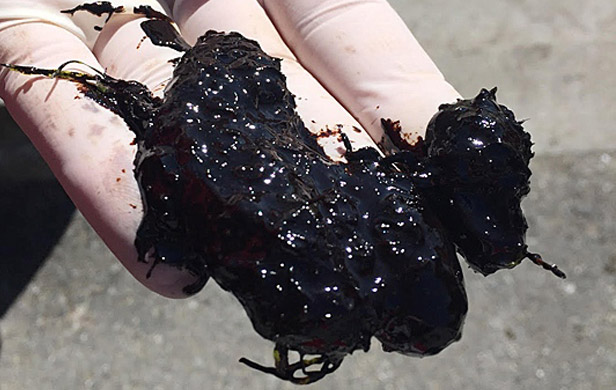
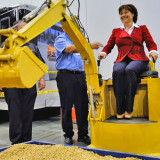
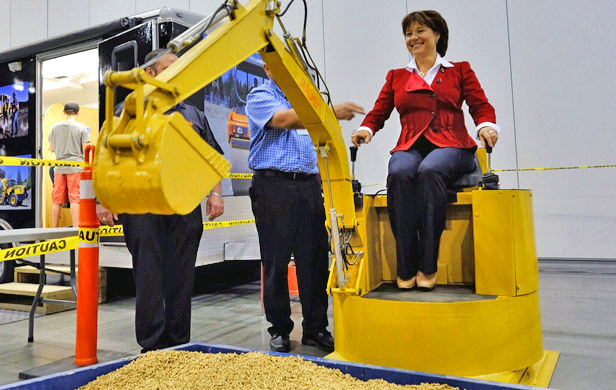


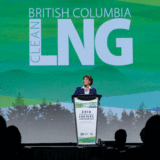
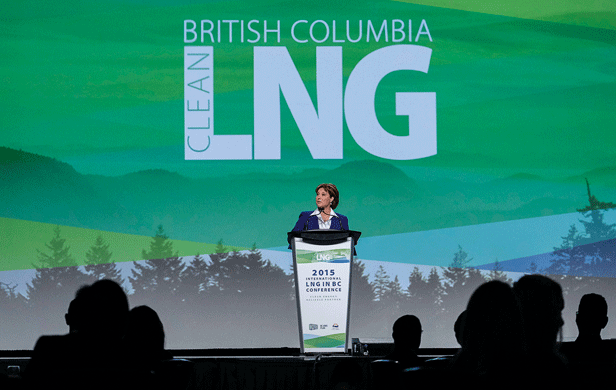


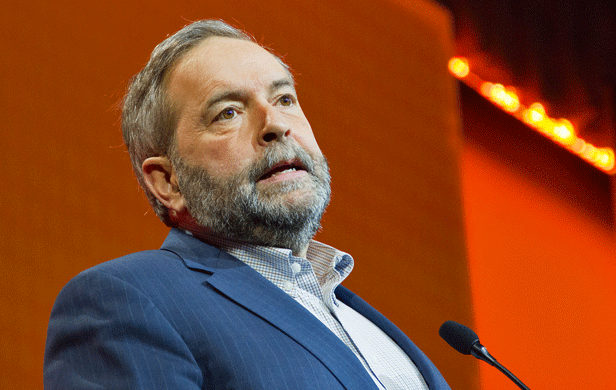
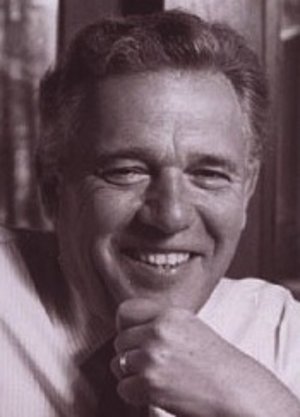
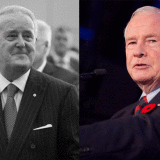
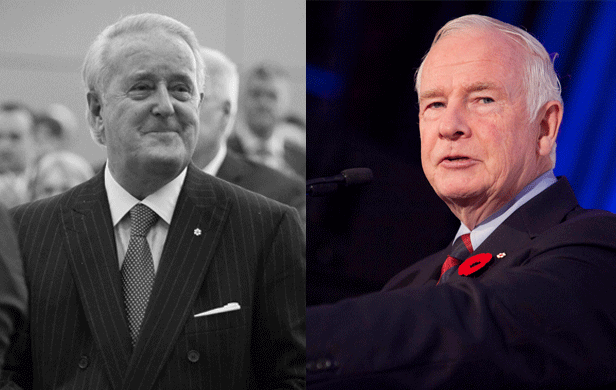
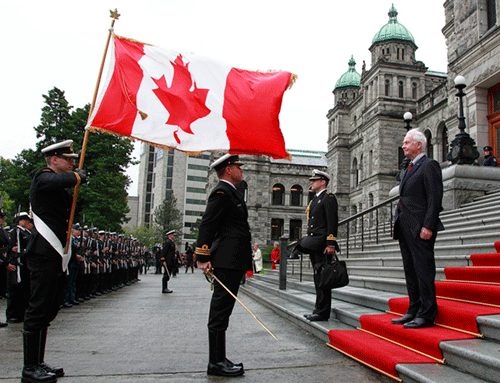
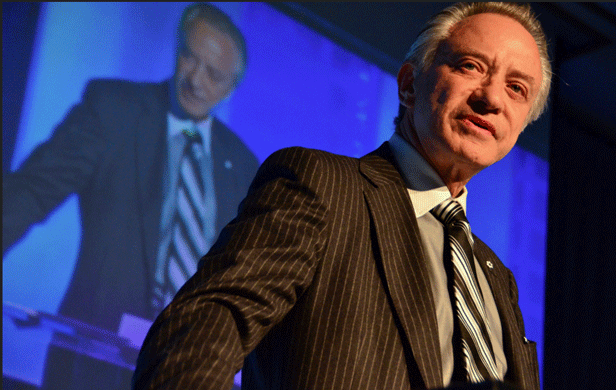
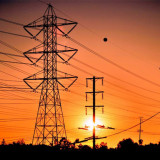
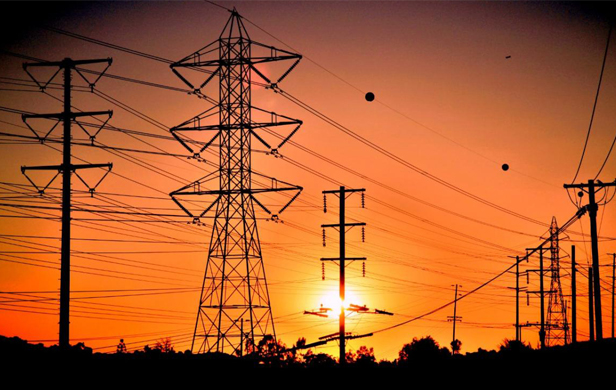
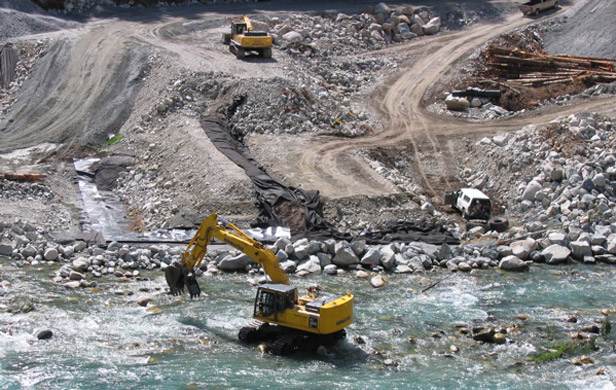
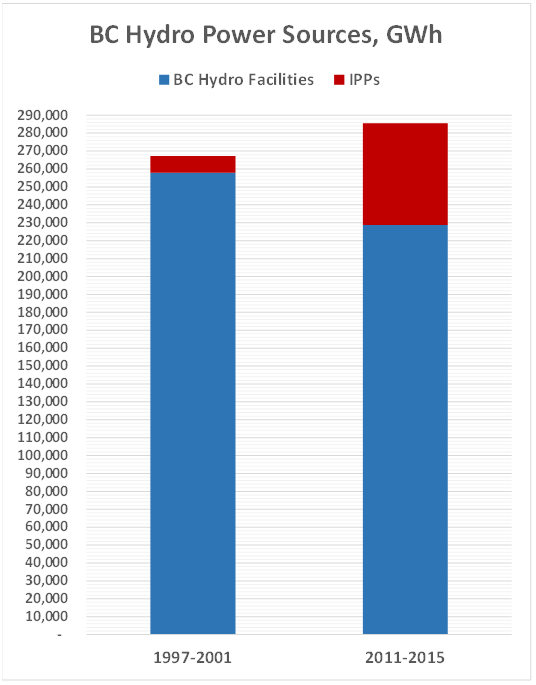 I’ve had utility defenders argue the company has never reduced its own output to accommodate private power so I reviewed sources of power reports for more than two decades. Here is a chart showing the last five years under Premier Clark’ leadership and the five years between 1996 and 2001.
I’ve had utility defenders argue the company has never reduced its own output to accommodate private power so I reviewed sources of power reports for more than two decades. Here is a chart showing the last five years under Premier Clark’ leadership and the five years between 1996 and 2001.